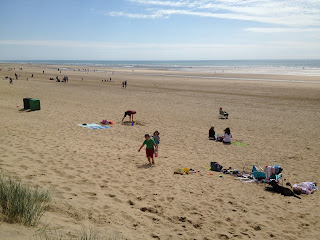“Slow down. Slow down. Read the question.”
“You just need to skim the passage the first time you read
it.”
These appear to be contradictory statements – but they apply
to different types of eleven plus questions. Encouraging the eleven plus child
to slow down suggests that the content needs to be read word by word. The
second command appears to promote reading with a slightly wider eye span. Some
children may find it rather difficult to speed read the following question:
“Which is the odd one out?”
Strolled walked ran flew trudged.
We then come to different type of reading:
The
Caterpillar and Alice
looked at
each other
for some
time in silence:
at last the
Caterpillar
took the
hookah
out of its mouth,
and addressed
her
in a languid, sleepy voice.
'Who are you?'
said the Caterpillar.
This was not
an encouraging opening
for a
conversation.
Alice
replied, rather shyly,
'I—I hardly
know, sir,
just at present
at least I
know who I was
when I got
up this morning,
but I think
I must have been changed
several
times since then.'
The eye span will be able to accommodate this form of
presentation reasonably easily. Some people find that it is possible to skim
passages with few words on a line.
Some parents may find that they actually have to point out
the differences in the styles of reading. I will never forget the very bright
nine year old child who maintained that she did not know that she had to read
the passage in order to answer to answer the questions.









